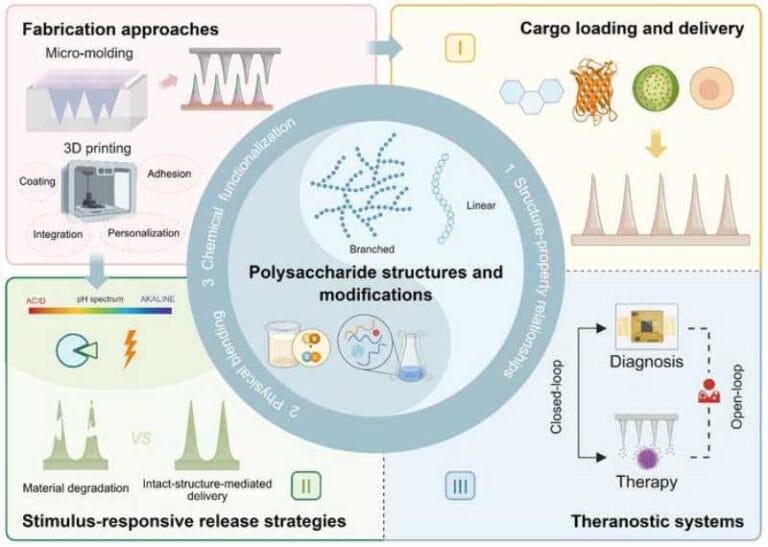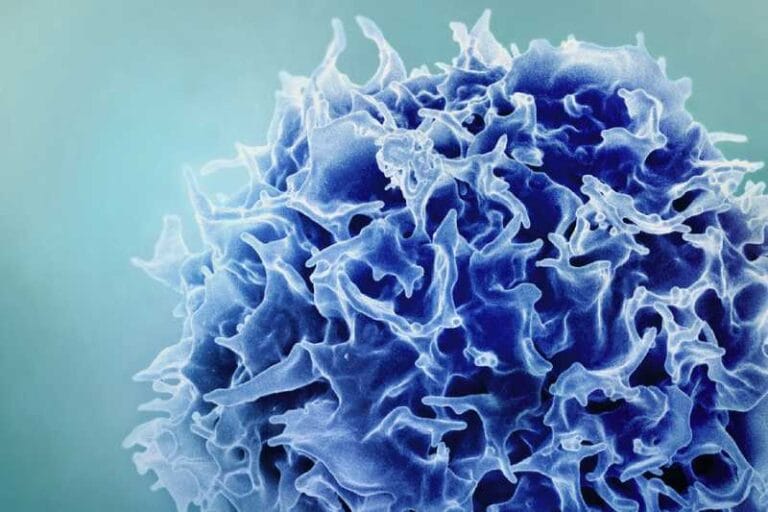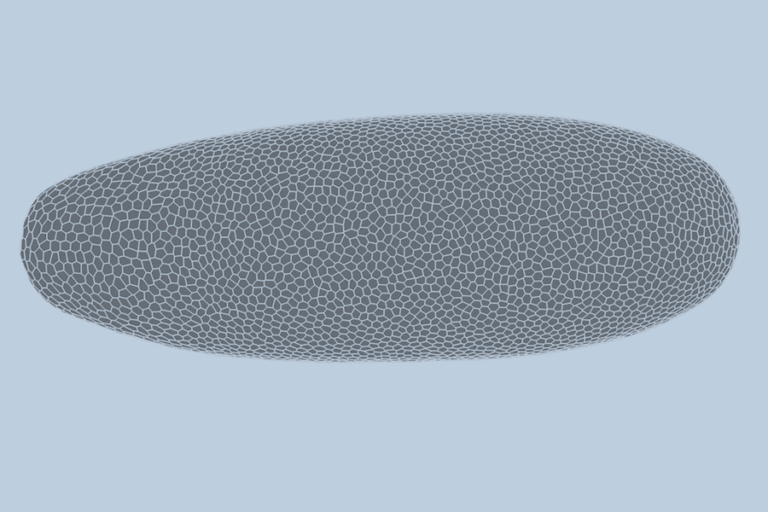Brazilian plants show potential against stomach cancer

A review published in the scientific journal Oncoscience analyzed 25 years of studies on the effects of plants native to Brazil in the fight against stomach cancer. The disease, considered one of the most lethal in the world, is expected to cause around 660,000 deaths by 2022, according to global estimates. In Brazil, the projection is for more than 21,000 new cases a year.
The survey, conducted by researchers from the State University of Campinas (Unicamp), Iara Lopes Lemos and Mario Roberto Maróstica Júnior, evaluated experimental data on bioactive compounds found in Brazilian species, such as polyphenols, flavonoids and terpenes, often associated with antioxidant, anti-inflammatory and anti-cancer activities.
By compiling and analyzing this research, the authors seek to highlight the still underexploited value of Brazilian biodiversity in the search for new cancer prevention strategies.
Stomach cancer remains one of the most lethal types of cancer in the world and is often diagnosed in advanced stages. The review points out that many factors contribute to the development of the disease, including poor diet, infections and genetic factors. However, there is evidence that regular consumption of fruit and vegetables rich in natural compounds, such as polyphenols and flavonoids, can help reduce the risk. The literature reviewed suggests that plants native to Brazil may offer similar protective effects.
“[…] regular consumption of fruits and vegetables rich in bioactive compounds, such as polyphenols and flavonoids, has demonstrated anti-inflammatory, antioxidant and chemopreventive effects in gastric cancer.”
The study covers ten native species, including açaí, cacao, guava, pitanga, jambu and physalis. Extracts from these plants showed signs of reducing the growth of cancer cells, inducing cell death and slowing down the progression of the disease. Although the exact biological mechanisms are still not fully understood in many cases, some studies have reported a reduction in inflammation and the interruption of cancer-related cell signals. These findings point to the possibility that natural substances of plant origin could support efforts to prevent or control gastric cancer.
Most of the studies included in the review were carried out using cell models in the laboratory, with few using animal models and none with human participation in clinical trials. This limitation indicates that, although the initial results are promising, more research is needed to understand how these compounds act in the human body and to assess their safety and efficacy in real contexts.
This review highlights the value of exploiting Brazil’s rich plant biodiversity for medical purposes. Many of these species are still scientifically understudied, especially in the context of cancer prevention. By drawing attention to their potential, the authors hope to encourage further research that could lead to the development of new natural therapies. Their work contributes to the growing recognition that traditional and natural sources can play a significant role in modern medicine.
Source: eurekalert






